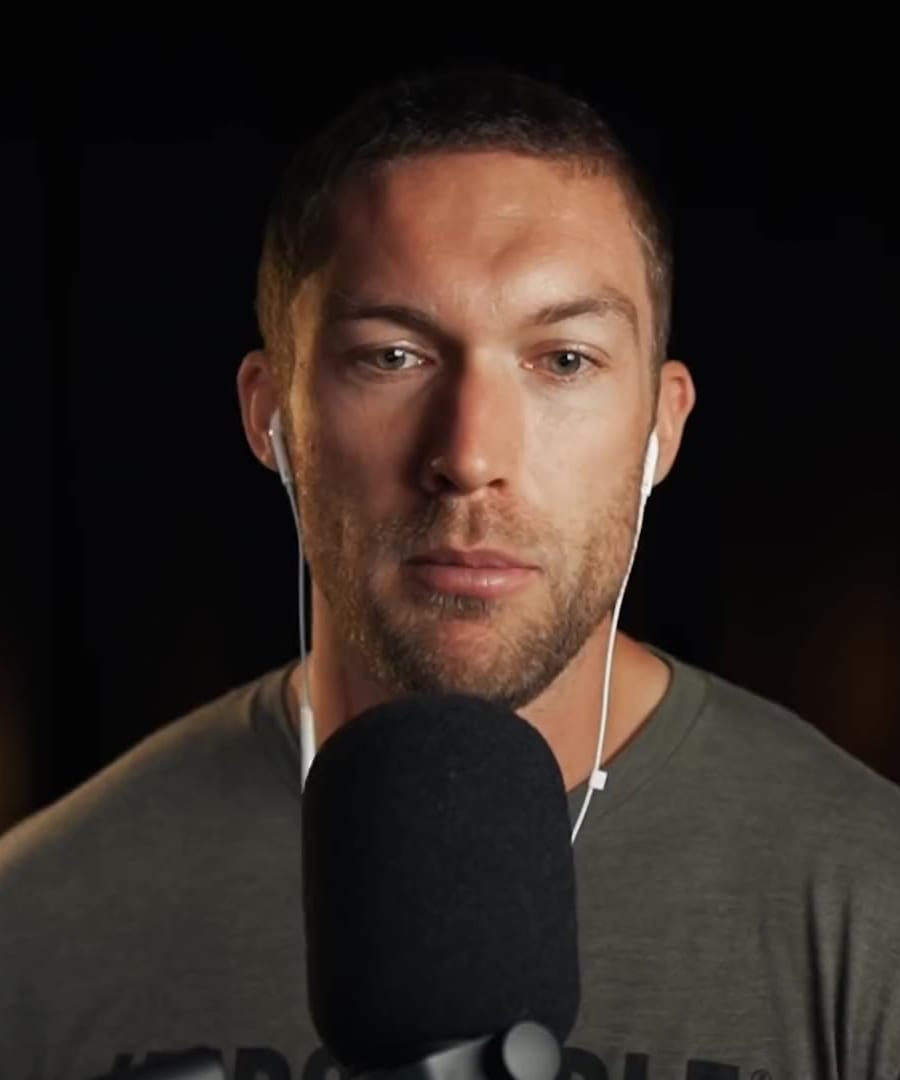Life after fame
Sources:
Life after fame can be complex and challenging, as shared by several individuals who have experienced it:
-
Casey Neistat: Neistat, a filmmaker and YouTube personality, described a period of real darkness and confusion after achieving significant fame. He shared that the sheer volume of views and the personal nature of his content made the fame intense and overwhelming. This led to exhaustion and a struggle to find a new direction after stepping away from his daily show and his company with CNN 1.
-
Mia Khalifa: Khalifa, who gained notoriety in the adult entertainment industry, spoke about the social anxiety and shame she felt during the early stages of her post-fame life. Initially, recognition brought a visceral negative reaction, but over time, as she accomplished other things and diverted her career, she began to feel proud of her new achievements, helping her to manage her fame better 2.
-
David Krumholtz: The actor shared insights into the psychological impact of fame, likening it to a drug. He emphasized the initial fear and subsequent internal battles to maintain a sense of normalcy and avoid becoming an "ego monster." He highlighted the need for mindfulness and the ability to balance exposure without falling into self-exploitation 3.
-
Matthew McConaughey: The actor talked about experiencing imposter syndrome and the challenge of accepting sudden privileges that come with fame. He advised that understanding fame as a business, rather than taking it personally, can reduce stress. McConaughey emphasized the importance of maintaining one's identity and not relying solely on external validation 4 5.
-
Abby Wambach: This retired soccer star shared her struggle with identity after retiring from sports. The transition led to a period of fear and uncertainty, compounded by her addiction issues. She highlighted the challenge of redefining oneself after the end of a high-profile career and dealing with the disparity in post-retirement life compared to male counterparts in the same field 6.
-
Dr. Rangan Chatterjee and Chris Williamson: In their discussion, they emphasized the illusion of modern fame, which often detaches from accomplishment and focuses more on public attention. They pointed out the dangers of tying one's happiness to external validation and the importance of grounding oneself in personal achievements instead of seeking constant external approval 7.
Conclusively, life after fame requires navigating new identities, managing mental health, and often finding new purposes. The transition demands mindful adaptation and resilience to ensure long-term well-being beyond the public eye.
RELATED QUESTIONS-




